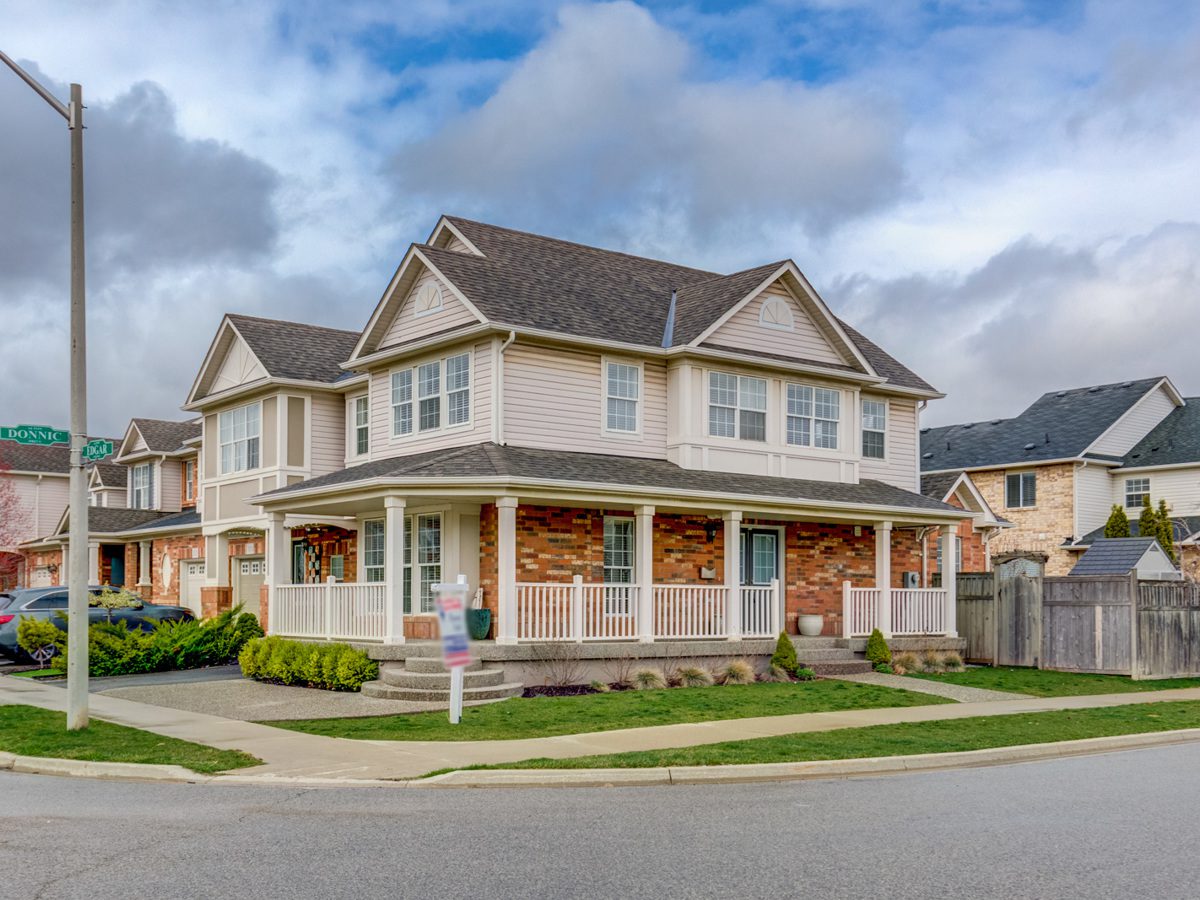January 13, 2023 | Buying
What’s the Difference Between Buying an Investment Property and a Home?

Talk to any financial advisor or real estate professional, and they will frequently tell you the same thing. Buying property is one of the most intelligent and financially rewarding decisions you will ever make. Even if you’re starting out with your first entry-level condo, you’ll now be building equity instead of throwing money away on rent every month. Increased equity is one of the reasons homeowners tend to be far more financially successful and secure than those caught up in the endless cycle of renting.
Some people take it a step further by adding a second and even third property to their portfolio and becoming full-fledged real estate investors. What makes investing different than buying a home? In this article, we’ll take a closer look at both options.
The Pros and Cons of Buying a home
One of the biggest differences is the emotional factors that go along with buying a new home for your family to live in. When house hunting, the numbers and the potential resale value may linger in the back of your mind. But your primary focus is on the lifestyle the house and the neighbourhood have to offer. As you wander through potential homes, you dream of the memories and experiences you will enjoy in the years to come.
Other advantages of buying a home are:
- It is more straightforward. Your real estate agent handles the negotiations and the paperwork and arranges the home inspection for you. If the home is suitable for your family and falls within your comfortable budget, you can begin planning your move.
- If your residential home is less than $1 million, your down payment is far lower, making a residential home more accessible.
- Your home will still help you grow your net worth. Every time your house rises in value, your purchasing power increases.
- You don’t have to sell your property to realize the financial benefits. Your increased equity will make it easier to qualify for loans. (Leveraging equity is also how many homeowners make the leap into real estate investing.)
- You will have a valuable asset you can sell later or keep in your family to build generational wealth.
- Your home is exempt from capital gains should you ever decide to sell, which means 100% of your net profit goes to you, not the government.
- With so many advantages, the case is strong for buying a home! There are very few drawbacks to contend with.
How much will that new home really cost you? You can get an idea using the Buyer’s Calculator right here.
Here’s what you should be aware of before making your purchase:
- Your home may not offer an opportunity for passive income–unless you decide to rent out a room or build a secondary suite.
- The real estate market is unpredictable. There is always the possibility that housing prices will drop after you move in. However, remember that values always tend to rebound and grow over time.
- The Pros and Cons of Buying an Investment Property
- Have you ever wondered how some of the wealthiest people in the country built their fortunes? More often than not, real estate investments played a massive role in helping them achieve their enviable lifestyles. It isn’t just the rich and famous that are taking advantage of owning income properties, however. Thousands of regular people are beginning to realize how advantageous and surprisingly accessible investing in real estate can be.
Let’s look at a few benefits of buying an investment property:
- You will enjoy significant equity gains as your investments grow in value. Holding multiple properties speeds up this growth and consistently adds to your purchasing power.
- It’s more affordable than you realize if you currently own a home. You can borrow against your existing equity for the down payment on a second property.
- You can earn passive income by renting out your property.
- You can keep the property as a vacation home or live there after retirement.
- You can sell the property and use the proceeds to fund your travel dreams, retirement or a new investment. The sky is the limit!
As you can see, buying an income property is a fantastic way to grow your wealth over the long term. Even with the uncertainty stemming from rising interest rates and inflation, real estate remains one of the safest and most secure investment vehicles available. However, nothing is without its risks or drawbacks.
Do you want some honest and down-to-earth advice about how or whether to proceed with an investment? Book a free buyer’s meeting with me right here.
Before adding a new property to your portfolio, here are a few things to remember:
- Buying an investment property can be more complicated than your home. There is no room for emotions, and every decision must be based on a careful analysis of the cost versus potential profit.
- Not everyone is cut out to be a landlord. You will be responsible for maintaining the property and occasionally dealing with conflict from your tenants. For the best results, you should be familiar with the Ontario Residential Tenancies Act.
- You will be on the hook for the carrying costs of the property until you can find and vet the right tenant.
- Investment properties are subject to capital gains taxes if you ever decide to sell.
Your Real Estate Agent Can Help
Real estate transactions can seem complicated. However, your real estate agent can be your most valuable resource to guide you successfully through the process, whatever your goals may be.
For example, here’s a little known fact that may surprise you: Many real estate agents do more than help people buy and sell houses. Often, they work closely with investors and can help you find and vet tenants.
Looking for the right local agent to help you find an ideal property or identify qualified tenants eager to rent from you? Send me an email at damir@damirstrk.com or call 416.884.7925 for more information.

Get GTA Market Updates Delivered
Sign up to receive my newsletter here and get regular updates about local market changes, the latest listings, and more insider information.




